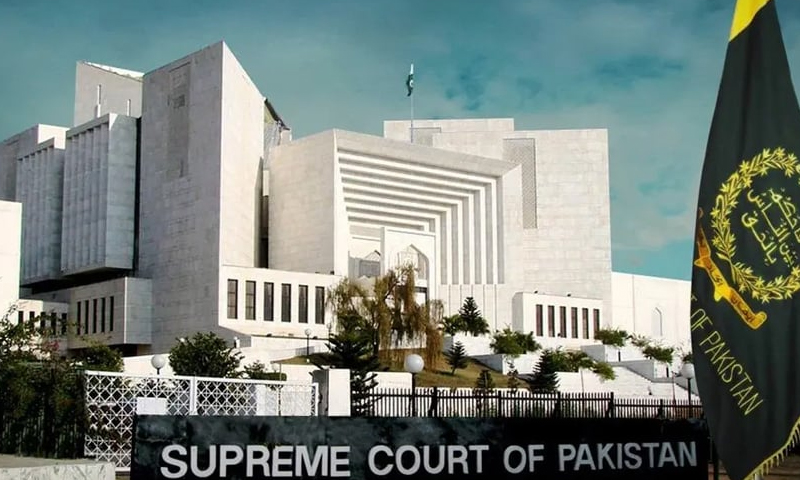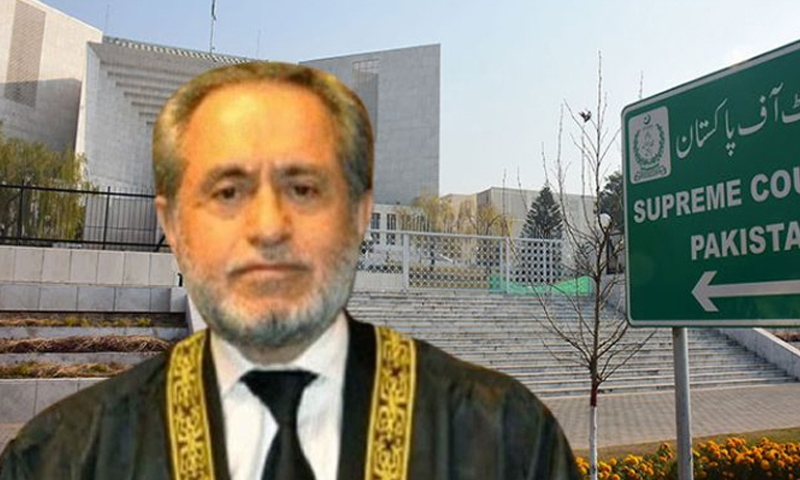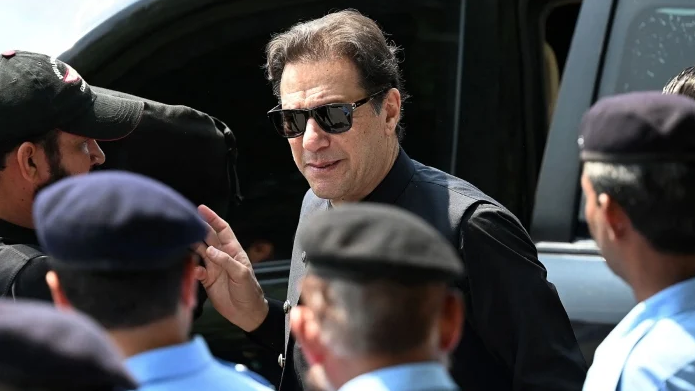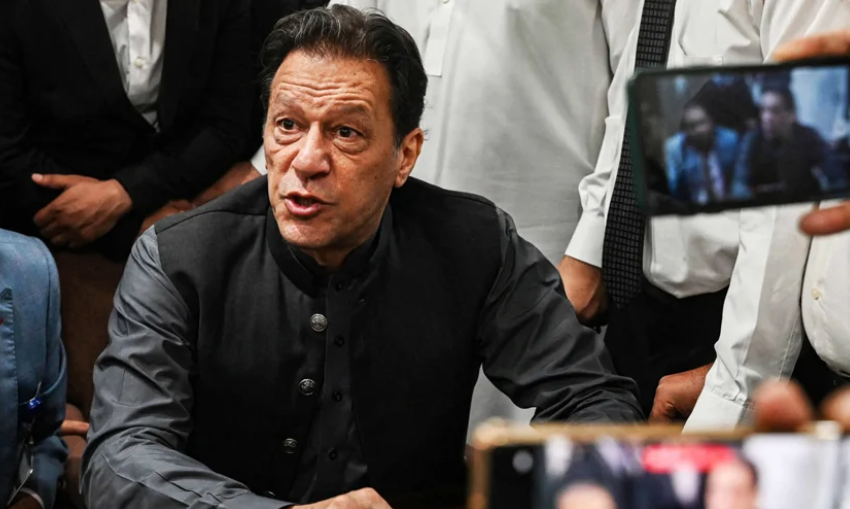LEGAL

The Supreme Court of Pakistan continued its hearings on a critical constitutional case concerning the transfer and seniority of judges, raising key questions about judicial independence and the limits of presidential discretion.
A five-member bench, headed by Justice Muhammad Ali Mazhar, heard rebuttal arguments from Barrister Salahuddin Ahmed, representing petitioner judges challenging transfer policies.
Justice Mazhar stated that there is no concept of deputation or merger for judges as exists in civil service. “The principles of deputation apply to bureaucrats, not the judiciary,” he remarked, setting a clear distinction between the civil service framework and judicial autonomy.
Barrister Salahuddin argued that Article 200 of the Constitution only applies to subsection 3, and pointed out that depriving judges of seniority after voluntary transfer is not unfair. However, if a transfer is forced, it may constitute abuse of authority.
Drawing comparisons with India, Salahuddin noted that Indian judges are often transferred without consent, unlike Pakistan where judicial will is integral.
The Advocate General Punjab, Amjad Pervaiz, also presented a miscellaneous application, highlighting the history of judicial transfers from 1947 to 1976, but admitted Punjab was not initially a party to the case. Justice Panhor and Justice Mazhar rebuked the delay, emphasizing the seriousness of a 27A notice, which allows provinces to become parties in constitutional matters.
The court discussed whether the President is bound by the Prime Minister’s advice or must exercise independent discretion, referencing the Qazi Faez Isa case, which ruled that the President must “apply his mind” even on political advice.
Justice Mazhar pushed further, asking if this principle would also apply to recommendations from the Judicial Council, especially in cases of a judge’s dismissal. Barrister Salahuddin replied that while the President must apply discretion to political advice, Judicial Council decisions are binding.
Justice Mazhar laid out the multiple layers of consent involved in judicial transfers — the judge, both the originating and receiving High Court Chief Justices, and the Chief Justice of Pakistan — indicating that without mutual agreement, no transfer can occur, despite presidential discretion.
He emphasized: “Every line of the Constitution has meaning. If the Judicial Commission nominates a judge, can the President reject the appointment?”
The court adjourned the hearing until tomorrow, with Hamid Khan set to present rebuttals, and lawyers for other petitioners ordered to conclude their arguments in the next session.




